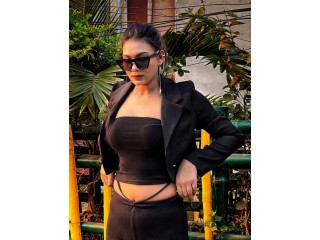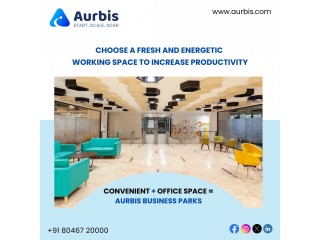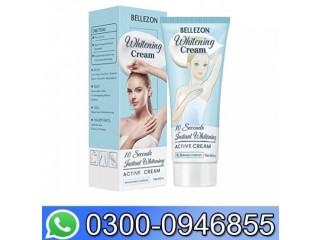Everything you wanted to know about UV Lamps Private
3 years ago - Real estate - Bareilly - 200 viewsThe use of UV light as a curing technology has been around for a long time. In the last few years it has become more popular since the technology on the lamps and the materials side has greatly improved. Applications are now on sheetfed, web and wide format inkjet equipment. The major advantages of UV inks are:
1) Press sheets are dry when they come off the press
2) Higher throughput speed than Infra-Red drying
3) No Volatile Organic Compounds released in the air
4) Resist smudging and abrasion
5) UV Coatings have a “wet look”
6) Do not have solvents to penetrate uncoated stocks
Most printers buy UV power supply systems that may be supplied by the manufacturer of the equipment but made by someone else. Understanding how UV lamps work can improve their performance and save you money.
There are series power supply for different applications. Low-pressure UV lamps may be used for disinfecting purposes, curing nails and dental fillings, or water purification. The type of lamp used in printing applications is usually a medium pressure, linear (straight tubes), mercury vapor arc lamp. Medium pressure UV lamps cure inks and coatings instantly. It is a photochemical, not a heat process. It allows the equipment to run at very high speeds for extended periods.
The xenon searchlight is delivered with a built-in xenon power supply, excluding large and heavy external power supply’s. This design enables easy installation (no external power supply TA values or IP-ratings to be considered) and significant cost savings, by reducing engineering and eliminating these cables and connections:
- Cable between power source and external power supply
- Cable between power supply and searchlight
- Remote signal cable between searchlight and power supply
UV LED systems have a bright future in industrial and life science applications even given the fact that humans can’t see the light. In particular, LEDs in the UV-C band (generally 100–280 nm) promise to revolutionize sterilization and disinfection and could bring safe water to people around the globe and safer conditions to our medical facilities (Fig. 1). LEDs Magazine, in fact, covered a UV LED Curing with 4in1 designed for such an application earlier this year. Still, we hear that such applications need LEDs with higher performance and longer lifetimes to truly penetrate the market. But UV product developers need to rethink LED lifetime as another variable in the engineering process.






